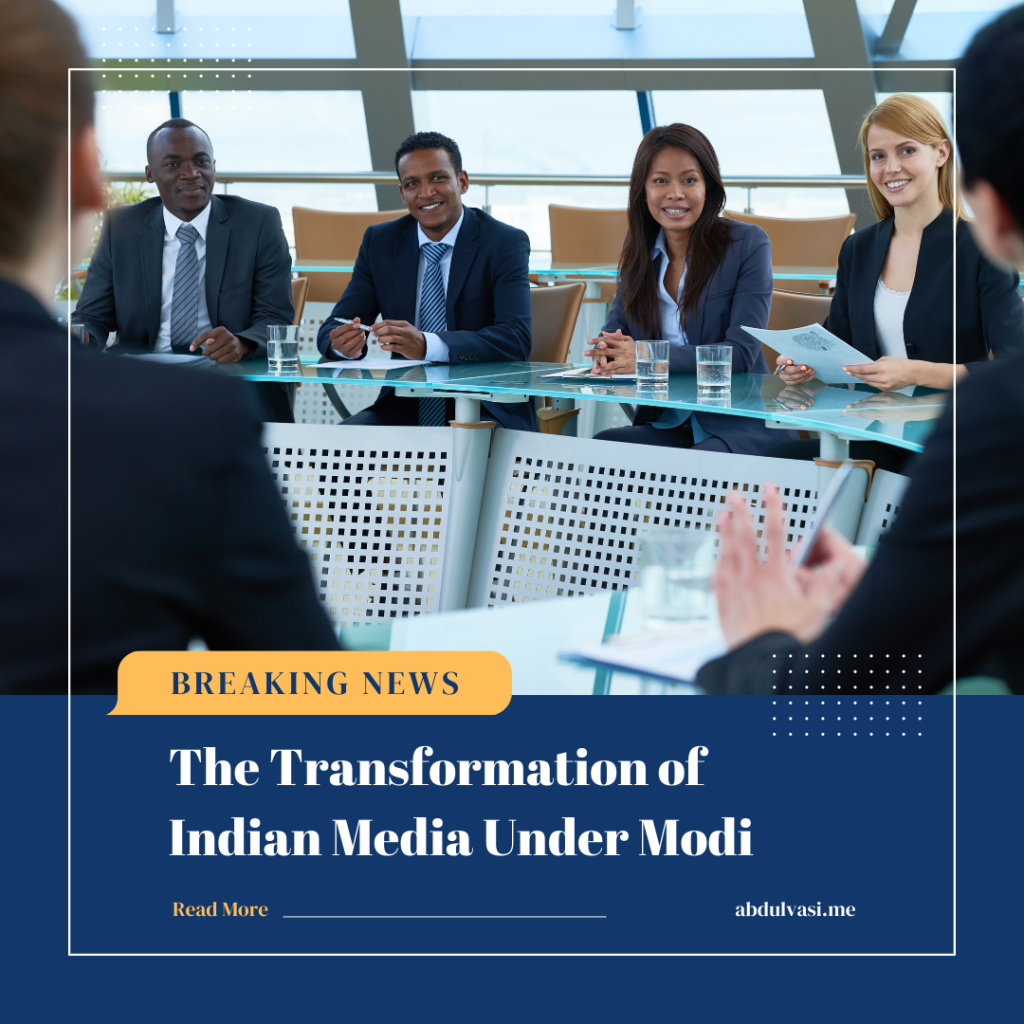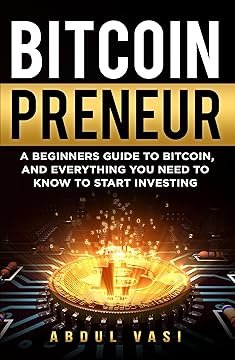Advertisement:
With over 25 years of experience as a business consultant, Abdul Vasi has helped countless brands grow and thrive. As a successful entrepreneur, tech expert, and published author, Abdul knows what it takes to succeed in today’s competitive market.
Whether you’re looking to refine your strategy, boost your brand, or drive real growth, Abdul provides tailored solutions to meet your unique needs.
Get started today and enjoy a 20% discount on your first package! Let’s work together to take your business to the next level!
The State of Mainstream Media in India Under Modi’s Leadership
The mainstream media in India has seen significant changes under Prime Minister Narendra Modi’s leadership, raising concerns about its independence and role as a watchdog. The landscape has shifted towards greater government influence and control, often at the expense of critical and unbiased reporting.
Media Control and Suppression
The control and suppression of the media have become more pronounced under Modi’s administration. Major media houses in India are now owned by business conglomerates closely aligned with the government. Notable examples include the acquisition of NDTV by Gautam Adani, who has strong ties with Modi. This shift in ownership has led to a more pro-government stance in news coverage, compromising the media’s role as an independent entity (SAMAA News) (SCMP).
Journalists face increased risks for critical reporting, with instances of harassment, threats, and even arrests becoming more common. For example, Siddique Kappan, a journalist, was detained on charges of terrorism and sedition while covering a sensitive case in Uttar Pradesh (Human Rights Watch). The fear of reprisals has led many journalists and media houses to avoid publishing stories critical of the government, further eroding press freedom (Berkley Center).
Praise for the Government
The mainstream media is now characterized by excessive praise for the Modi government. Selective reporting has become a norm, with media outlets focusing on the government’s achievements and downplaying or ignoring its failures. During the COVID-19 pandemic, for example, many outlets highlighted the government’s initiatives while neglecting to cover its mismanagement and the resulting crises (SAMAA News) (Al Jazeera).
There is also a trend of glorifying political leaders, particularly Modi. This cult of personality diverts attention from critical issues that require scrutiny, contributing to a distorted public perception of the government’s performance (SCMP).
The Need for Unbiased Media
To restore credibility and independence, several changes are necessary:
- Diversified Ownership: Encouraging diverse ownership of media houses can reduce the influence of a few powerful entities. Regulations should prevent monopolistic control and promote plurality in media ownership, ensuring a variety of perspectives.
- Protection for Journalists: Stronger legal safeguards are needed to protect journalists from harassment and threats. Ensuring their safety while reporting on sensitive issues is crucial for maintaining a free press.
- Transparent Funding: Media outlets should disclose their funding sources to the public. Transparency in funding can help readers understand potential biases and conflicts of interest in reporting.
- Promoting Ethical Journalism: Media organizations should adhere to strict ethical standards and guidelines, including providing balanced coverage, fact-checking information, and avoiding sensationalism.
- Public Awareness: Educating the public about media literacy can empower citizens to critically analyze news reports and identify biases. An informed public is less likely to be swayed by biased or incomplete reporting.
In conclusion, the mainstream media in India is facing significant challenges under the leadership of Narendra Modi. To safeguard democracy, it is essential to advocate for an unbiased media that holds the government accountable and provides balanced reporting. Implementing these changes can help India move towards a more transparent, diverse, and independent media landscape (Berkley Center) (Human Rights Watch) (Al Jazeera).




